
ALL DIGITAL Week 2018 turned out to be one of the most successful campaigns – it united 4,070 partners from 32 countries to offer 5,445 events to over 125,000 participants. Read the entire story here.
The digital empowerment campaign was organised by ALL DIGITAL for the 9th time and was run in digital competence centres, libraries, schools, community centres, etc. across Europe supported by local authorities, companies, academia and volunteers from various sectors.
Laurentiu Bunescu, CEO of ALL DIGITAL, said, “We organise ALL DIGITAL WEEK to support Europeans in their digital transformation journeys. More than ever, we all need to invest in digital skills for media literacy, social inclusion, employability, entrepreneurship and education.”
Fiona Fanning, Director of European Affairs, commented, “As technology pervades all aspects of our lives, it has never been more important to ensure that all Europeans have the opportunity to gain the digital skills and certification that will help them succeed as a student, citizen, and an employee. We are thrilled to support the important mission of ALL DIGITAL Week in facilitating a truly pan-European digital transformation.”
ALL DIGITAL Week was led by our national partners in 26 countries. You can see the overview of activities in each country where we had a national partner by clicking on the flag. There you can also see the links to blogposts, photos, some media coverage, and information on past editions.
The DAISSy research group of Hellenic Open University was the National Partner for Greece. DAISSy organized a webinar in order to introduce UMI (Ubiquitous, Mobile, Internet of Things) technologies and their potential use in STEM education. The webinar presented a holistic view of UMI technologies and introduced their potential use in education and training and was based on the H2020 UMI-Sci-Ed project. Read more about the webinar here.a


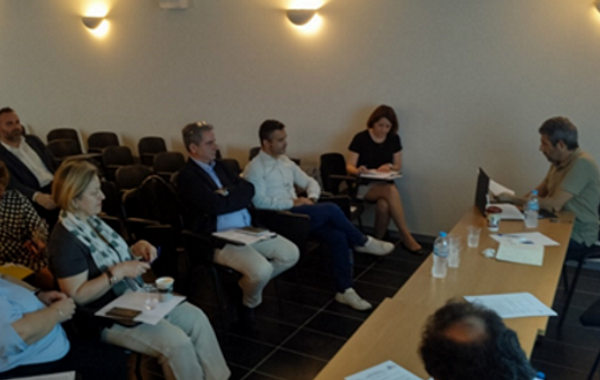
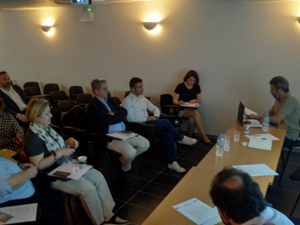 A focus group involving ten policy makers (mainly) and training providers took place in Athens, Greece, on May 3, 2018. The focus group took place in the afternoon (17:30 – 19:30) at the Athens’ Premises of the Hellenic Open University, a convenient location near the city centre. Eight of the participants were representatives of governmental bodies (including the Ministry of Employment, the Ministry of Administrative Reform, the Ministry of Digital Policy, Telecommunications and Media, the Ministry of Economy and Development, the National Centre for Social Research, the Hellenic Telecommunications and Post Commission, the General Secretariat of Coordination) and two were stakeholders from the Adult Learning market. Four out of the ten participants were women. The focus group lasted almost two hours and led to fruitful discussions between the participants.
A focus group involving ten policy makers (mainly) and training providers took place in Athens, Greece, on May 3, 2018. The focus group took place in the afternoon (17:30 – 19:30) at the Athens’ Premises of the Hellenic Open University, a convenient location near the city centre. Eight of the participants were representatives of governmental bodies (including the Ministry of Employment, the Ministry of Administrative Reform, the Ministry of Digital Policy, Telecommunications and Media, the Ministry of Economy and Development, the National Centre for Social Research, the Hellenic Telecommunications and Post Commission, the General Secretariat of Coordination) and two were stakeholders from the Adult Learning market. Four out of the ten participants were women. The focus group lasted almost two hours and led to fruitful discussions between the participants.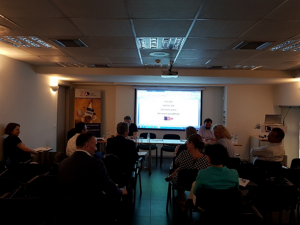 In general, the groups of the population that DCDS should target include people belonging to vulnerable groups (especially those culturally differentiated, e.g. Roma, people with disabilities, (recent and long-term) unemployed, people at risk of poverty, people with chronic disorders, immigrants and migrants, women, single parent families, etc), people aged 45+, unemployed (and especially recently unemployed), etc. An additional group identified includes the people working in high-level positions (e.g. CEOs, traditional media manager, elder academics, artists, judges, public servants, etc) who are ashamed to declare their lack of digital skills. It worth to mention that every attempt to “bridge the digital divide” should not be accomplished once, but should be repeated frequently on a regular basis, as digital skills require continuous updating and practical implementation.
In general, the groups of the population that DCDS should target include people belonging to vulnerable groups (especially those culturally differentiated, e.g. Roma, people with disabilities, (recent and long-term) unemployed, people at risk of poverty, people with chronic disorders, immigrants and migrants, women, single parent families, etc), people aged 45+, unemployed (and especially recently unemployed), etc. An additional group identified includes the people working in high-level positions (e.g. CEOs, traditional media manager, elder academics, artists, judges, public servants, etc) who are ashamed to declare their lack of digital skills. It worth to mention that every attempt to “bridge the digital divide” should not be accomplished once, but should be repeated frequently on a regular basis, as digital skills require continuous updating and practical implementation.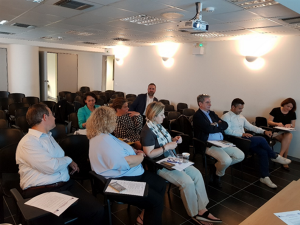 The establishment of a national strategy (including a “set of rules” for training, accreditation, etc) by the Ministry of Digital Policy that would create a common ground is required. In addition, a change in the Greek mindset is required, i.e. to change this latest tension of “computerising” everything and focus more on user (human) – friendly technologies. This priority should be included in every attempt of developing and adopting information system, including the self-assessment tools mentioned earlier. Apart from the “supply” side mentioned, this change in the mindset should also be implemented in the “demand” side, i.e. the users should recognize and adopt digital technologies in their daily work duties, without asking for additional motivations.
The establishment of a national strategy (including a “set of rules” for training, accreditation, etc) by the Ministry of Digital Policy that would create a common ground is required. In addition, a change in the Greek mindset is required, i.e. to change this latest tension of “computerising” everything and focus more on user (human) – friendly technologies. This priority should be included in every attempt of developing and adopting information system, including the self-assessment tools mentioned earlier. Apart from the “supply” side mentioned, this change in the mindset should also be implemented in the “demand” side, i.e. the users should recognize and adopt digital technologies in their daily work duties, without asking for additional motivations.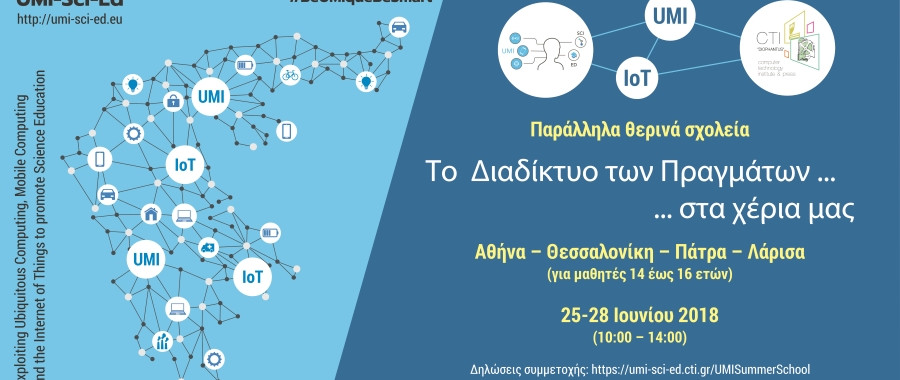
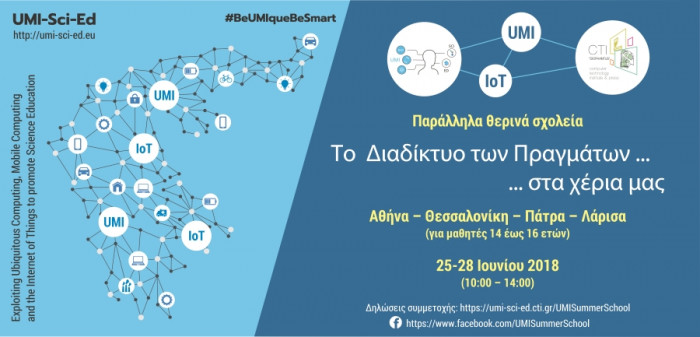
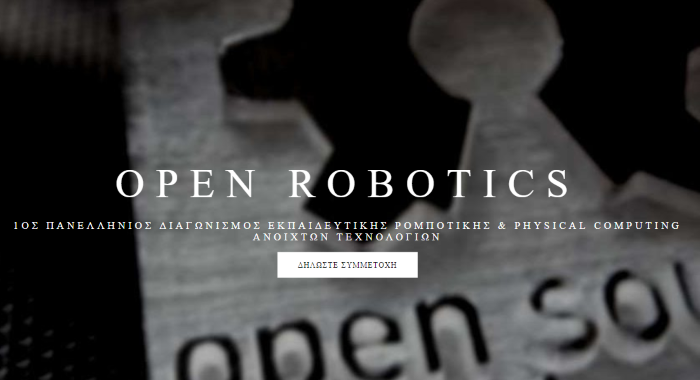
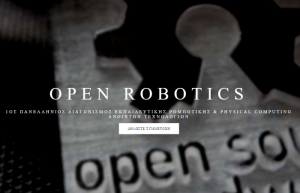
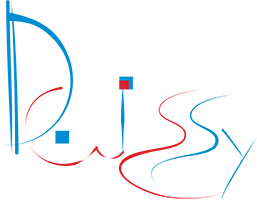
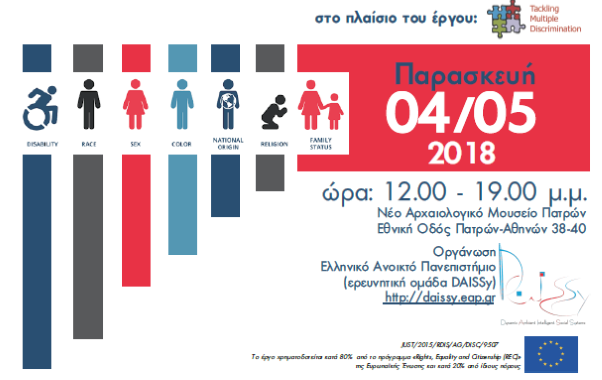
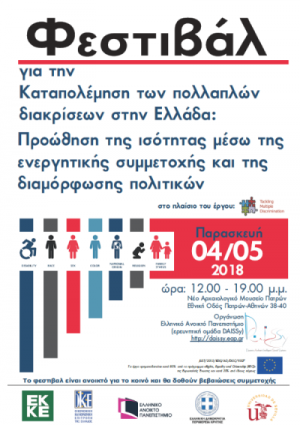
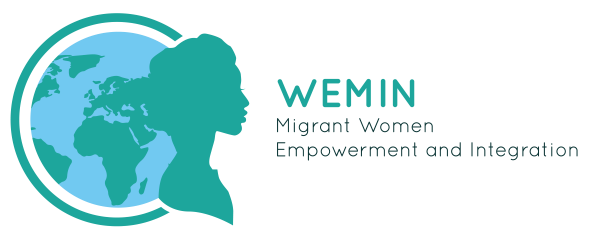
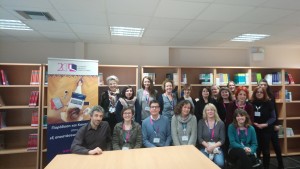
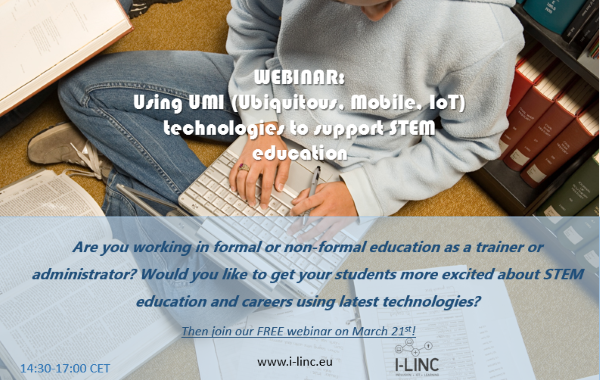
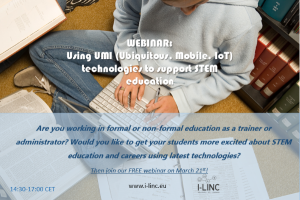 Are you working in formal or non-formal education as a trainer or administrator?
Are you working in formal or non-formal education as a trainer or administrator?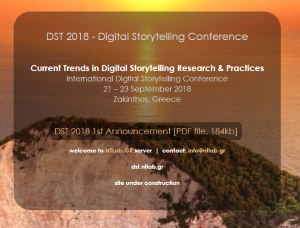
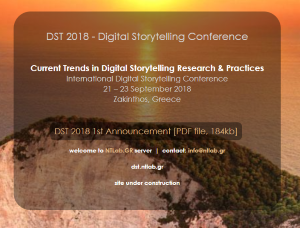 21 – 23 September 2018
21 – 23 September 2018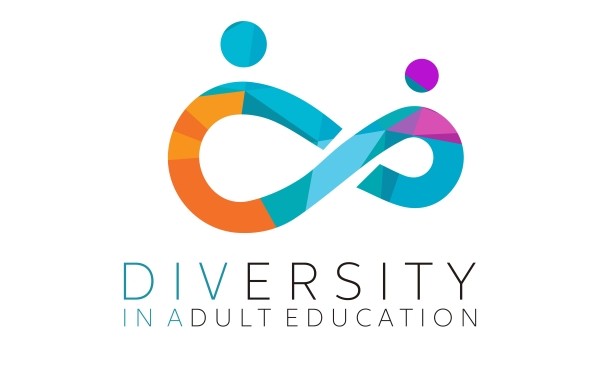
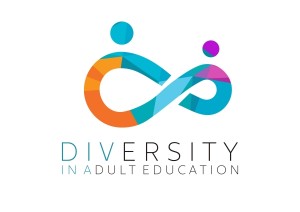 Welcome to the second digital Newsletter of the Divina (Diversity in Adult Education) European Project. The DIVINA project aims to provide specific skills and tools for adult education trainers and staff in order to manage diversity in adult education institutions.
Welcome to the second digital Newsletter of the Divina (Diversity in Adult Education) European Project. The DIVINA project aims to provide specific skills and tools for adult education trainers and staff in order to manage diversity in adult education institutions.